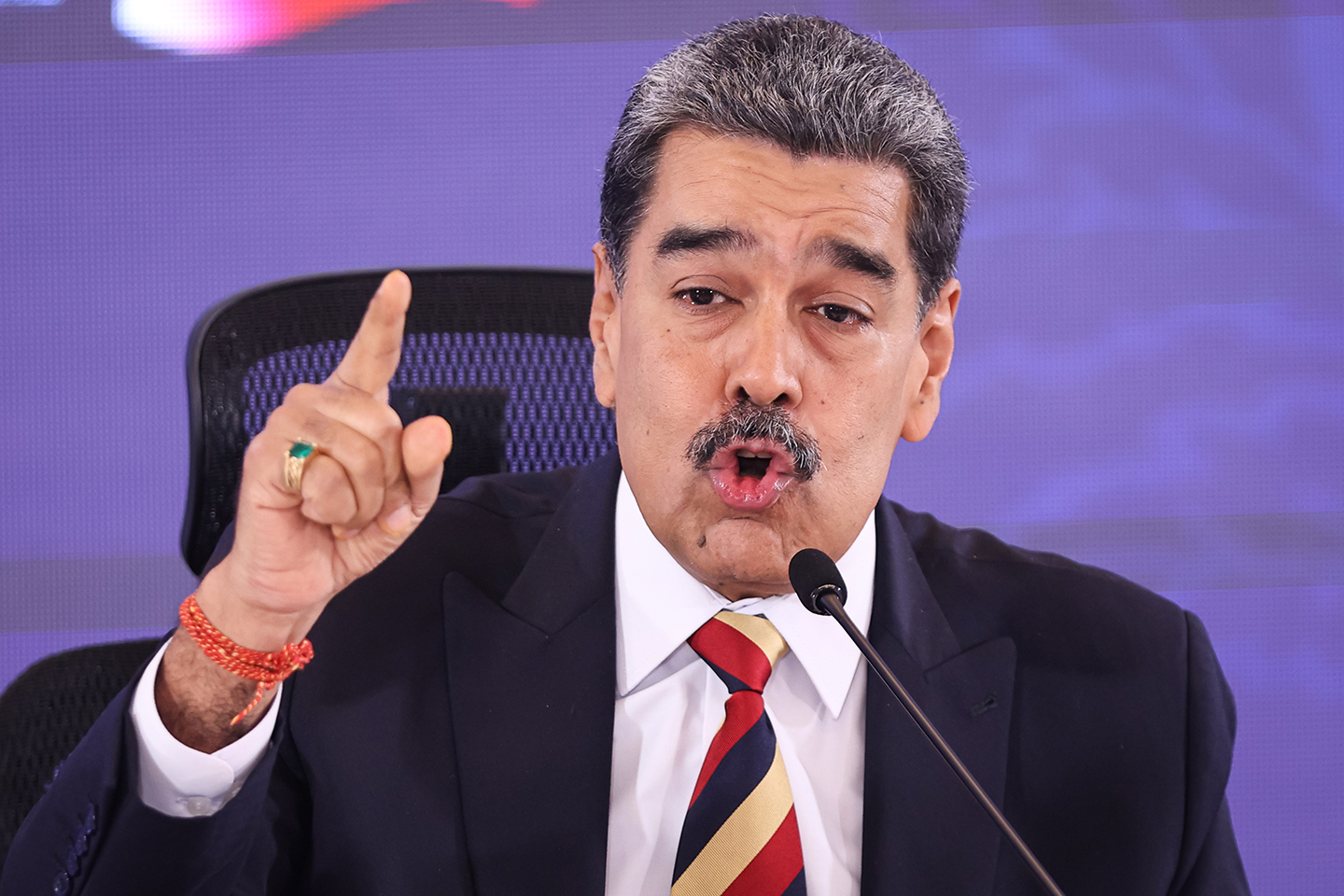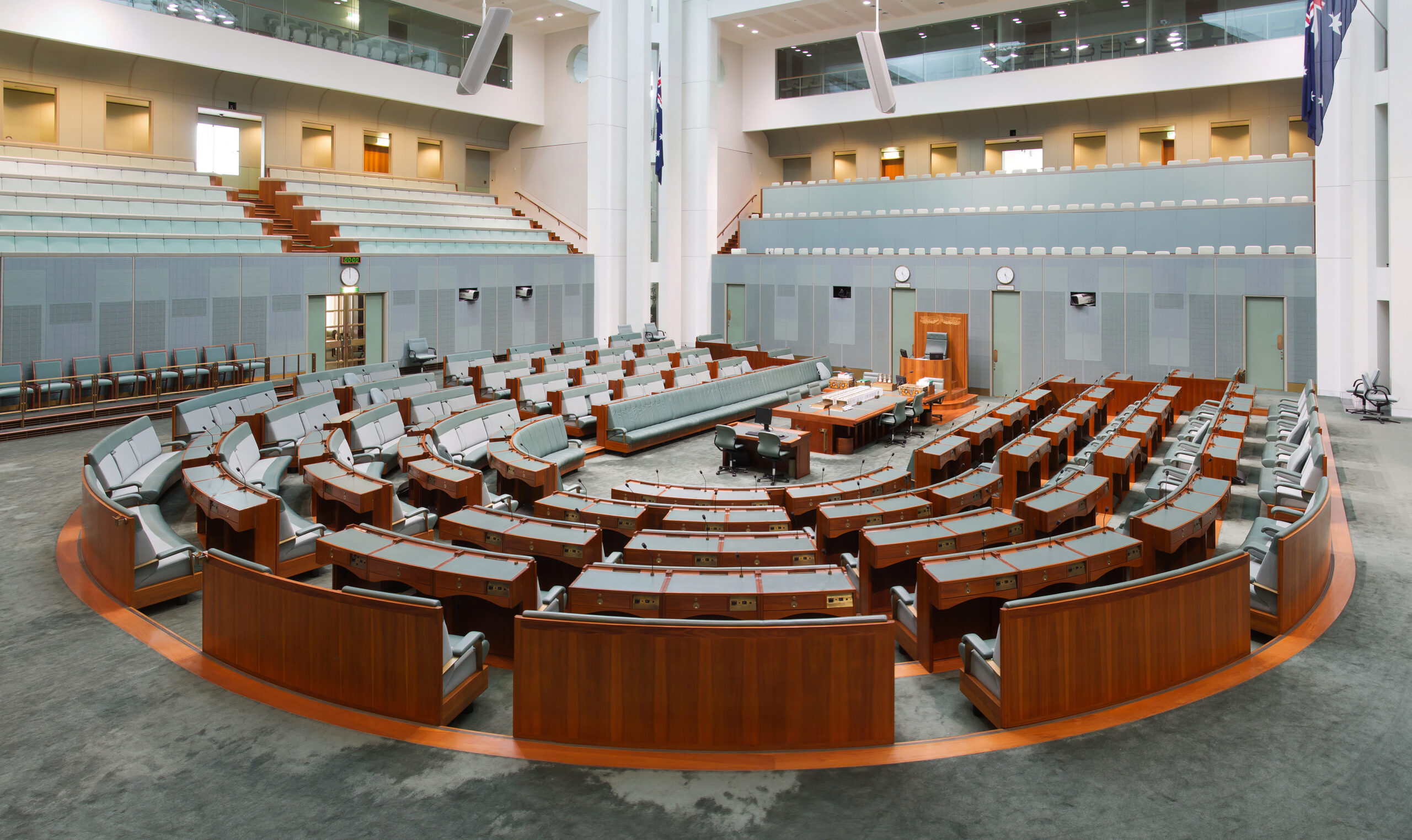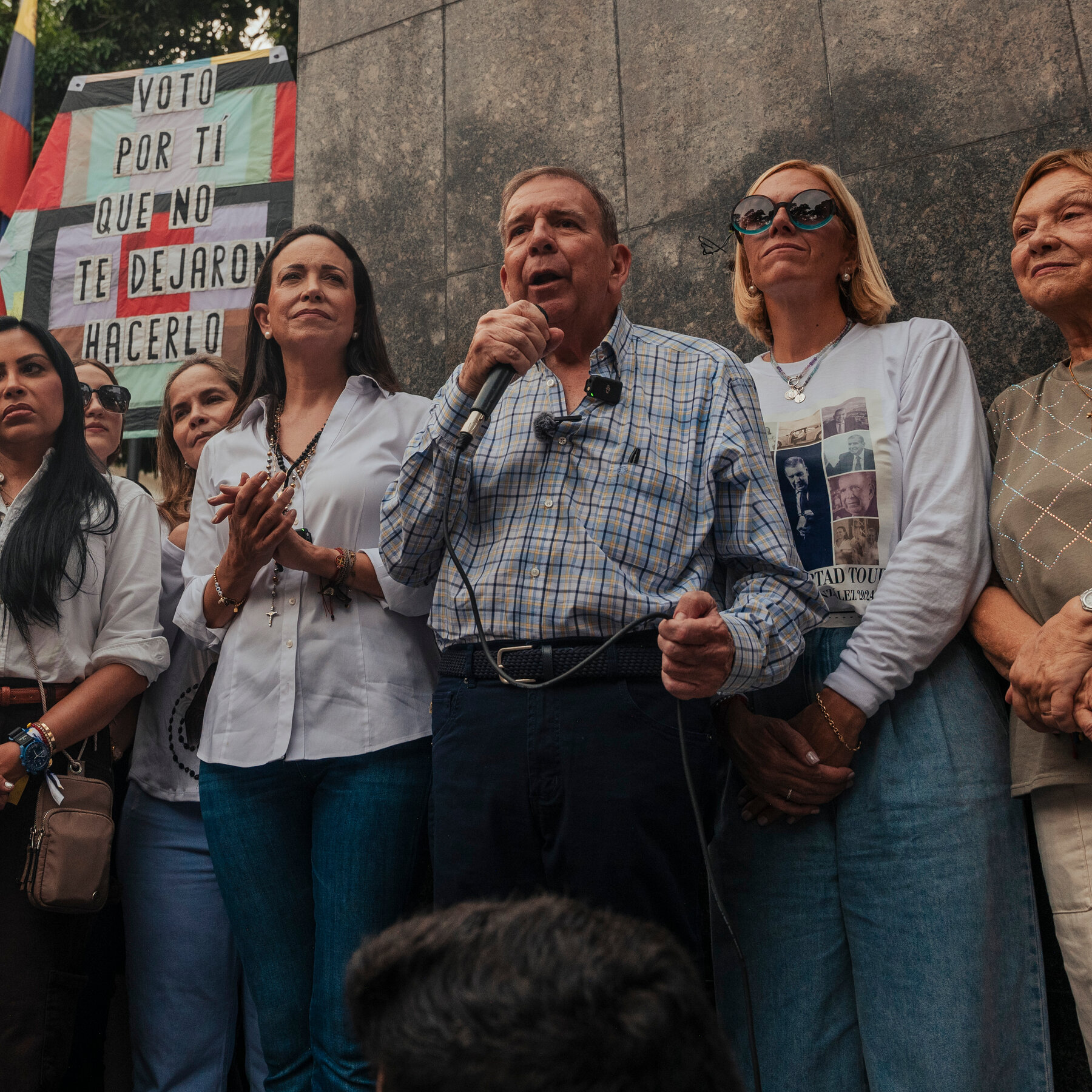A U.S. guided missile destroyer, the USS Gravely, docked in the capital of Trinidad and Tobago, Port-of-Spain, on March 10, 2024. This deployment is part of an ongoing strategy by the Trump administration to apply military pressure on Venezuela and its President, Nicolás Maduro. The warship’s arrival coincides with the movement of the aircraft carrier USS Gerald R. Ford towards Venezuelan waters.
The docking of the USS Gravely is expected to last until March 14, 2024, during which training exercises will be conducted in collaboration with Trinidad and Tobago’s military. A senior military official in Trinidad, who spoke anonymously due to the sensitivity of the matter, confirmed that this operation was scheduled only recently.
In response to the U.S. military activities, President Maduro has criticized the carrier’s presence, labeling it an attempt by the U.S. government to fabricate “a new eternal war” against Venezuela. He has also faced accusations from President Donald Trump, who claimed, without providing evidence, that Maduro leads the organized crime group Tren de Aragua.
Local Reactions and Concerns
The docking of the warship has sparked mixed reactions within Trinidad and Tobago. Prime Minister Kamla Persad-Bissessar has expressed support for the U.S. military presence, particularly in relation to combating drug trafficking in the region. She noted the necessity of such actions in addressing transnational crime. The U.S. Embassy’s Chargé d’Affaires, Jenifer Neidhart de Ortiz, stated that the exercises aim to “address shared threats like transnational crime and build resilience through training, humanitarian missions, and security efforts.”
Conversely, many citizens of Trinidad and Tobago have voiced their opposition to the warship’s presence. During a demonstration outside the U.S. Embassy, David Abdulah, leader of the Movement for Social Justice political party, condemned the warship’s docking, stating, “This is a warship in Trinidad, which will be anchored here for several days just miles off Venezuela when there’s a threat of war. That’s an abomination.”
The situation is further complicated by a recent advisory from the U.S. Embassy, warning American citizens to avoid U.S. government facilities in Trinidad and Tobago due to a reported threat against them.
Regional Implications and Dialogue Calls
The military exercises have raised alarms in Venezuela, with officials labeling them a “serious threat” to regional stability and a “hostile provocation.” The Venezuelan Foreign Ministry expressed concern over the “dangerous conduct of military exercises” by a neighboring country.
In light of these developments, Caricom, a regional trade bloc comprising 15 Caribbean nations, has called for dialogue to alleviate tensions. While Trinidad and Tobago is a member of Caricom, Prime Minister Persad-Bissessar has previously indicated that the region is not a zone of peace, citing rising violence and crime rates.
As military activities unfold, both countries are poised to navigate a complex landscape of diplomacy and security, with implications that extend beyond their borders. The coming days will reveal whether the exercises will promote stability or exacerbate existing tensions in the region.






